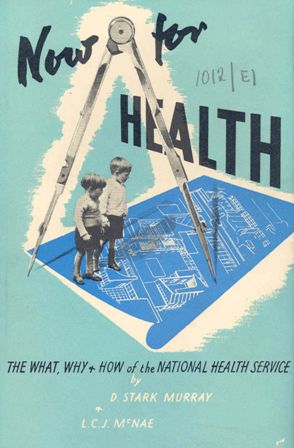Note: this is a response to this comment on Matt Yglesias’ blog. Since Yglesias’ site isn’t letting this response go through, I’ll post it here and link to it in the thread.
Mike I:
I don’t care what party you are in – it’s your economic theory that I object to. Krugman cites facts just like his opponents do, everyone’s got their own partisanship. Deficits absolutely matter and are the correct metric. You are arguing that raising taxes decreases revenue and that cutting taxes increases revenue. That should mean, all other things being equal, that tax cuts cause balanced budgets and surpluses, and that tax hikes cause deficits. That isn’t the case.
As for the presidents, of course they matter enormously. Reagan ran on a platform of cutting taxes, and pushed through a mammoth tax cut in 1981 through a Democratic Congress whose margins had been shrunk by his landslide victory and where liberals were outweighed by an alliance of Republicans and conservative Democrats. The result was a more than doubling of the deficit. Clinton raised taxes under a Democratic Congress in 1993, instead of for example creating public works and increased public investment, and the result was a massive increase in revenue, to the tune of $871 billion dollars. As for the Democratic Congress, I think you’re forgetting that the major spending increases happened 2000-2006 (especially the prescription drug benefit and the war), and that Bush threatened to (and did in some cases) veto any spending bills, even the routine reauthorizations of cabinet departments. Claiming that the Democrats had the power to dictate policy is ahistorical.
And I’m sorry, but your history is just wrong. Taxes were increased every year from 1940 to 1944, and revenues increased from $6.5 billion to $45 billion. Taxes were increased in 1950, 1951, and 1954 – revenues increased from $39.4 billion to $79.2 billion. Taxes were increased in 1990 and revenues increased by $23 billion the next year and $36 billion the year after that. Taxes were increased in 1993, and revenues increased by $104 billion the next year, $93 billion the year after that, and so on until 2000, by which point Federal revenues had basically doubled since 1990. As for growth, you absolutely can have economic growth and tax increases and revenue increases. GDP rose from 1940-1945 by an average of 16.3% per year; GDP rose from 1950-1959 by an average of 6.7% per year; GDP rose from 1990-2000 by an average of 5.4% per year. Here’s my data sources, you can check them out yourself:
http://www.taxpolicycenter.org/taxfacts/displayafact.cfm?Docid=200
http://www.policyalmanac.org/economic/archive/tax_history.shtml
http://www.taxpolicycenter.org/legislation/1940.cfm
http://www.taxpolicycenter.org/legislation/1950.cfm
http://www.taxpolicycenter.org/legislation/1990.cfm
http://www.bea.gov/national/xls/gdpchg.xls
– Steven Attewell



 One of the side-effects (collateral damage if you want to be ironic) of the 2008 election, and the broader public reaction against the Bush Administration, has been a massive shift in partisan identification away from the Republican Party and toward the Democratic Party.
One of the side-effects (collateral damage if you want to be ironic) of the 2008 election, and the broader public reaction against the Bush Administration, has been a massive shift in partisan identification away from the Republican Party and toward the Democratic Party.